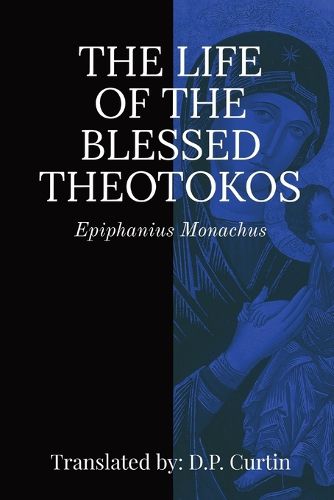Readings Newsletter
Become a Readings Member to make your shopping experience even easier.
Sign in or sign up for free!
You’re not far away from qualifying for FREE standard shipping within Australia
You’ve qualified for FREE standard shipping within Australia
The cart is loading…






This title is printed to order. This book may have been self-published. If so, we cannot guarantee the quality of the content. In the main most books will have gone through the editing process however some may not. We therefore suggest that you be aware of this before ordering this book. If in doubt check either the author or publisher’s details as we are unable to accept any returns unless they are faulty. Please contact us if you have any questions.
Epiphanius composes a short biography on the life, deeds, and death of the Virgin Mary, the most famous Jewish woman of all time. In this work he explores her parentage, her childhood in the Jerusalem Temple, her betrothal to Joseph, and her activity during the ministry of her son. Epiphanius is composing his work in the early 9th century and draws upon earlier traditions of Byzantine historians.
$9.00 standard shipping within Australia
FREE standard shipping within Australia for orders over $100.00
Express & International shipping calculated at checkout
This title is printed to order. This book may have been self-published. If so, we cannot guarantee the quality of the content. In the main most books will have gone through the editing process however some may not. We therefore suggest that you be aware of this before ordering this book. If in doubt check either the author or publisher’s details as we are unable to accept any returns unless they are faulty. Please contact us if you have any questions.
Epiphanius composes a short biography on the life, deeds, and death of the Virgin Mary, the most famous Jewish woman of all time. In this work he explores her parentage, her childhood in the Jerusalem Temple, her betrothal to Joseph, and her activity during the ministry of her son. Epiphanius is composing his work in the early 9th century and draws upon earlier traditions of Byzantine historians.